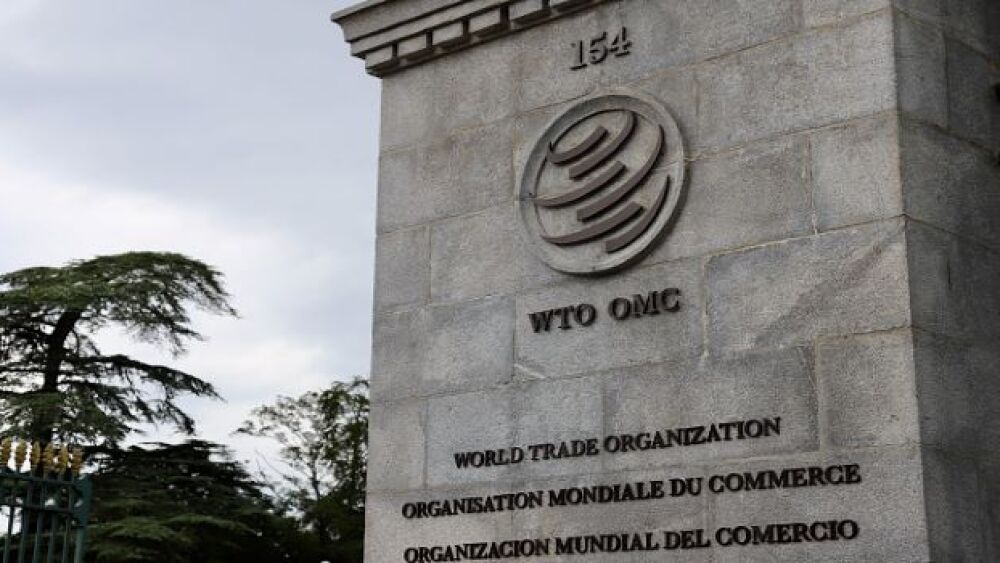The World Trade Organization approved vaccine patent waivers to increase the availability of COVID-19 vaccines to lower-income countries.
Li Ye/Xinhua via Getty Images
On Friday, the World Trade Organization approved vaccine patent waivers to increase the availability of COVID-19 vaccines to lower-income countries.
Pfizer, BioNTech, Moderna and other pharmaceutical companies that have developed their own COVID-19 vaccines own the intellectual property rights for the vaccines, which gives them the power to control the distribution, manufacturing and pricing of the injection. In an effort to prioritize access, the WTO is introducing vaccine patent waivers, which would help to loosen the intellectual property rights that pharma companies have on COVID-19 vaccines. Lower-income countries will have the legal ability to reproduce the vaccinations themselves, allowing for more equitable distribution.
In September 2021, the World Health Organization determined that by mid-2022, 70% of the global population should be vaccinated against COVID-19. At the time of the announcement, only 3% of lower-income countries had been vaccinated with at least one dose, as compared to 60% of higher-income countries.
The United Nations reported in March that of the 10 billion doses of the vaccine administered worldwide, only 1% had been administered to lower-income countries. In fact, in August 2021, WHO called for a moratorium on booster shots around the world to increase the supply of vaccines to poorer countries whose populations had yet to receive one dose of the vaccine series.
While pharma giants have made considerable profit from the vaccines, some have made efforts to increase the affordability and accessibility of their products for poorer countries. In March, Moderna took steps to create vaccine equity, pledging that it would not enforce COVID-19 vaccine patents in 92 low- and middle-income countries. The company also announced it would partner with Kenya to host an mRNA manufacturing facility to produce up to 500 million doses of the vaccine for the country’s population.
In May, Pfizer launched “An Accord for a Healthier World,” an initiative that seeks to improve health equity for people living in 45 lower-income countries. The program intends to provide all current and future patent-protected medicines and vaccines on a not-for-profit basis.
Even so, intellectual property is only one part of vaccine equity. Another global problem is vaccine hoarding, or the practice of stockpiling an abundance of doses in higher-income countries in excess of actual need.
In May, Danish health officials announced that the country would be discarding and destroying 1.1 million excess COVID-19 vaccines, as they had reached their expiration date. According to Aljazeera, Danish health officials stated that their efforts to donate them to developing countries failed, although the country has previously donated 9 million doses to said countries.
As Omicron subvariants BA.4 and BA.5 cause an increase in cases throughout the European Union and the United States, the call for vaccine equity will only become louder.





